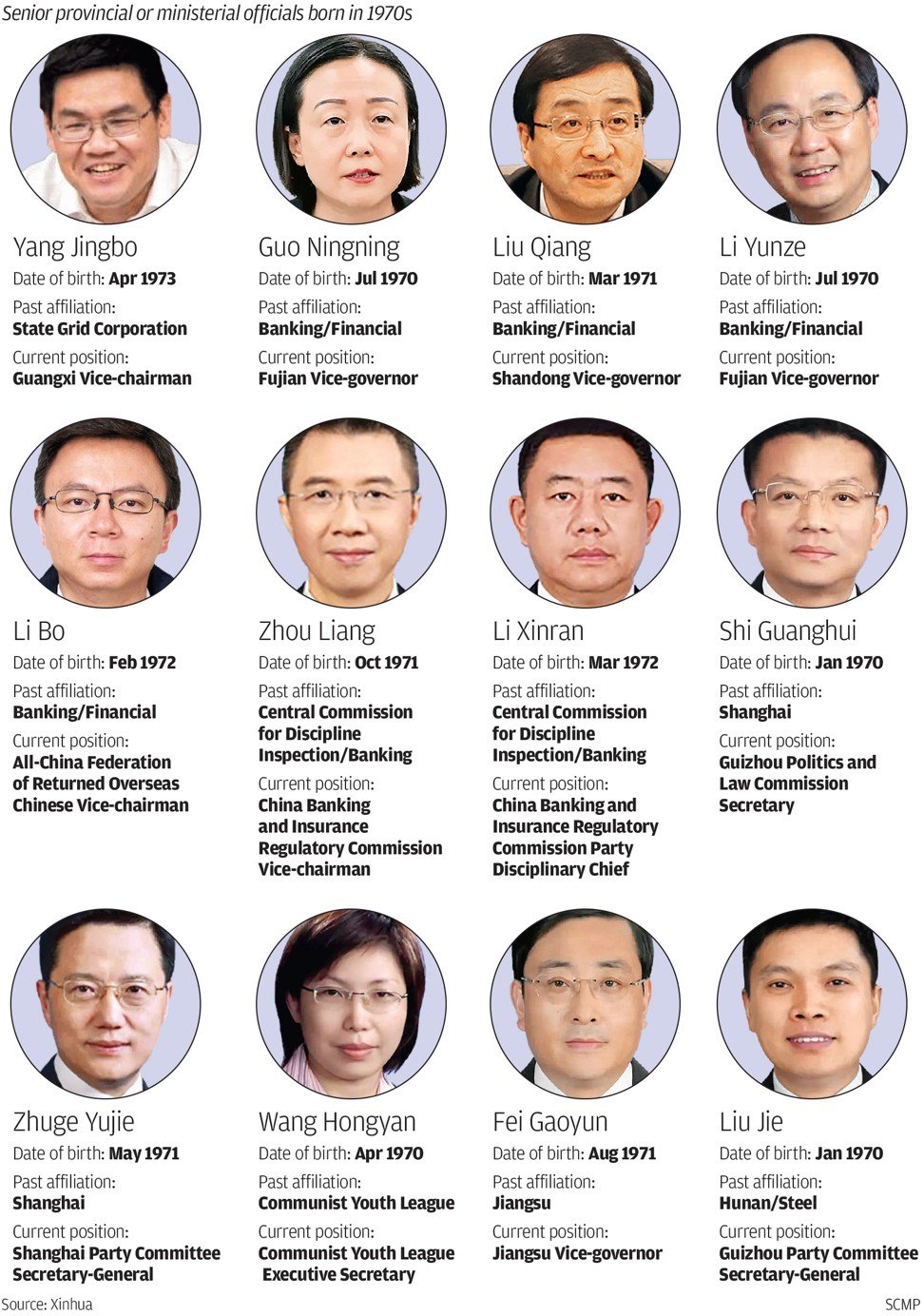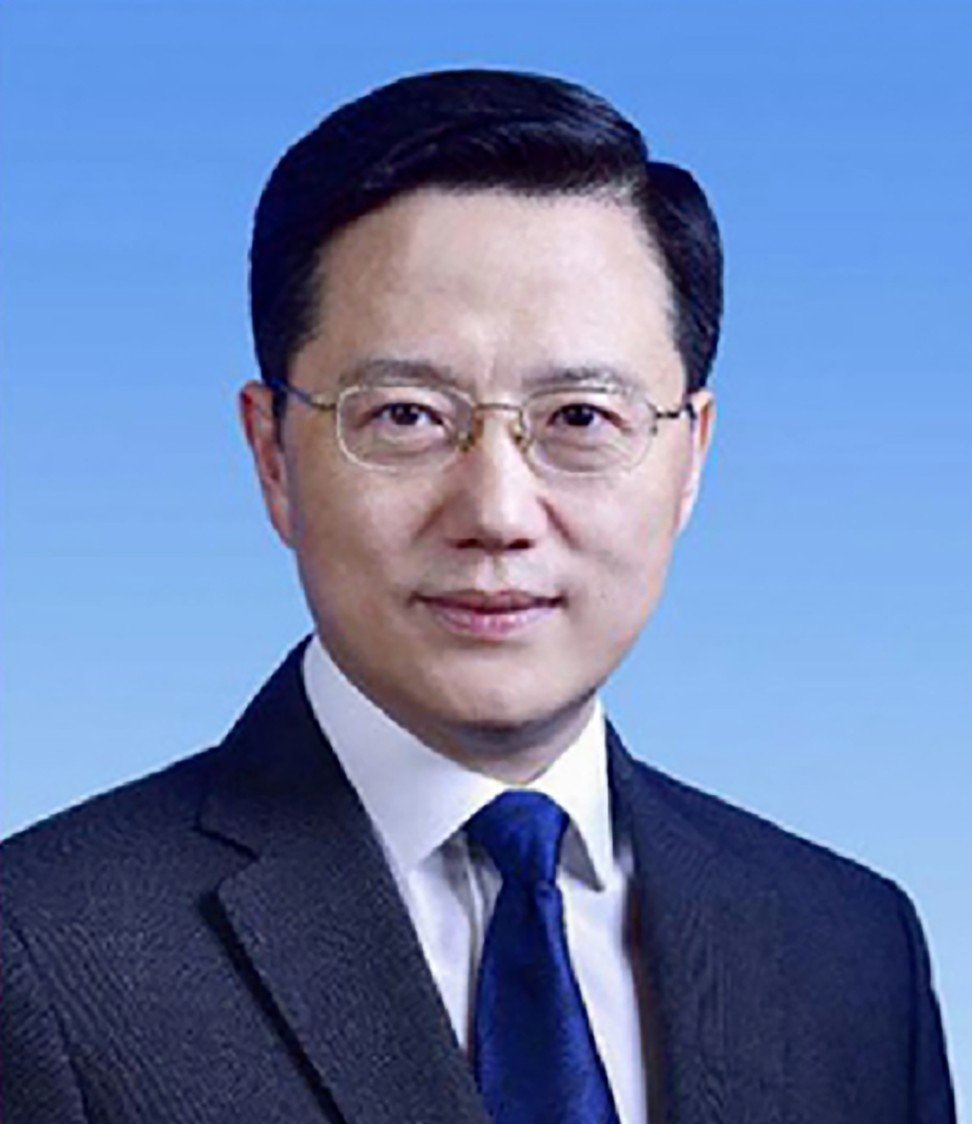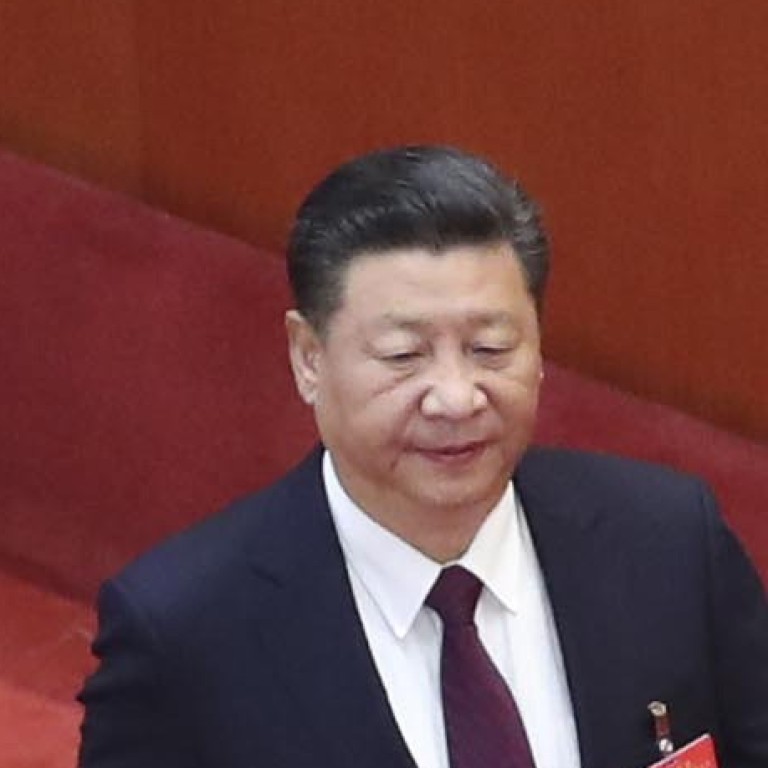
Will China’s leadership succession after Xi Jinping skip a generation?
- The rise of those making up the ‘sixth generation’ of leaders who were expected to follow Xi appears to have lost momentum
- A younger generation is being tested in provincial positions, gaining the same kind of experience Xi acquired on his route to the top
China watchers searching for clues in identifying the next generation of top Chinese leaders have been focusing on the recent promotion of about a dozen vice-governors and vice-ministers born in the 1970s.
Many of these relatively young political stars, analysts believe, are being groomed for future leadership roles. And what is notable about them is that they had been destined to be China’s “seventh generation” of leaders, yet look increasingly likely to overtake their immediate seniors – once expected to be the sixth generation – to take over when President Xi Jinping eventually steps down as Communist Party boss.
President Jiang Zemin, who served as the party’s general secretary from 1989 to 2002, is described as the “core of the third generation” of top Chinese leaders, following Mao Zedong and Deng Xiaoping. Jiang’s successor Hu Jintao represented the fourth generation, and Xi the fifth.
Jiang and Hu stepped down after two five-year terms each as general secretary, but at the five-yearly national congress in 2017, the absence of the supposed sixth generation among new members of the Politburo Standing Committee led many China watchers to guess Xi might stay on after 2022, when his second term ends.
China will scrap limit on presidential terms, meaning Xi Jinping can stay on
When the National People’s Congress, the rubber-stamp legislature, passed the amendment to the constitution last March to lift the presidency’s term limit, it fuelled expectations that Xi would continue as the “core of the party”, potentially blocking the path of those born in the 1960s.
Normally, membership on the Politburo Standing Committee is considered a prerequisite for candidates for the top leadership. Both Xi and Hu were made members at least five years before they became the party boss, paving the way for their ascendancy to the apex of power.
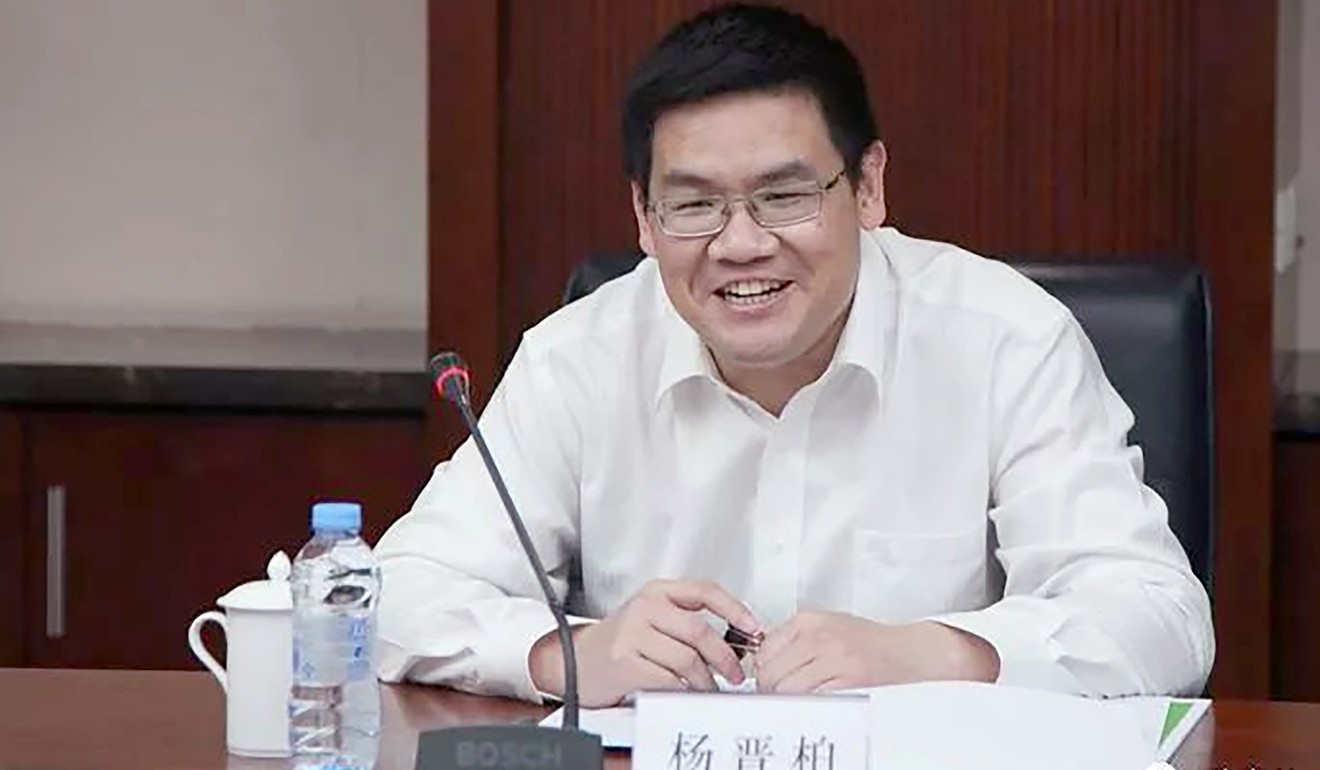
“Given that the amendment of the constitution has removed the term limit, I don’t think people are expecting succession to happen in the next party congress,” said Yun Sun, director of the China programme at the Stimson Centre, a Washington think tank.
“Most people speculate or expect Xi will stay on. There is no heir apparent. Since Xi does not appear to be considering retirement, questions about succession [in 2022] appear to be void.”
Why Chinese Communist Party’s largest elite body now has a lot of new members but not many young ones
Chen Daoyin, a Shanghai-based political scientist, said: “It is highly possible that those born in the 1970s or even early 1980s will rocket to the top as long as they can show their strong support for the [political] system and loyalty to the current leader [Xi], and if they are not closely linked to any political factions.”
Moreover, at least three of that expected sixth generation have been ousted over corruption charges in the past year: former top energy official Nur Bekri; former Politburo member and Chongqing party boss Sun Zhengcai; and Su Shulin, the former Fujian party chief – aged 57, 55 and 56 respectively.
This has raised the likelihood of Xi being succeeded by one of a younger group, most of whom are serving in frontline government or party positions in Shanghai, Jiangsu, Shandong, Guizhou, Guangxi, Fujian and Sichuan (see table).
Yang Jinbo, 45, is the youngest of them. Analysts said that Yang, who in November was named a vice-chairman of the Guangxi regional government, is one of the cadres hand-picked by Xi for “testing” in the provinces before rising further in the hierarchy.
An engineer by profession, Yang worked in the electricity sector and was deputy chairman of the State Grid Corporation before his promotion in November.
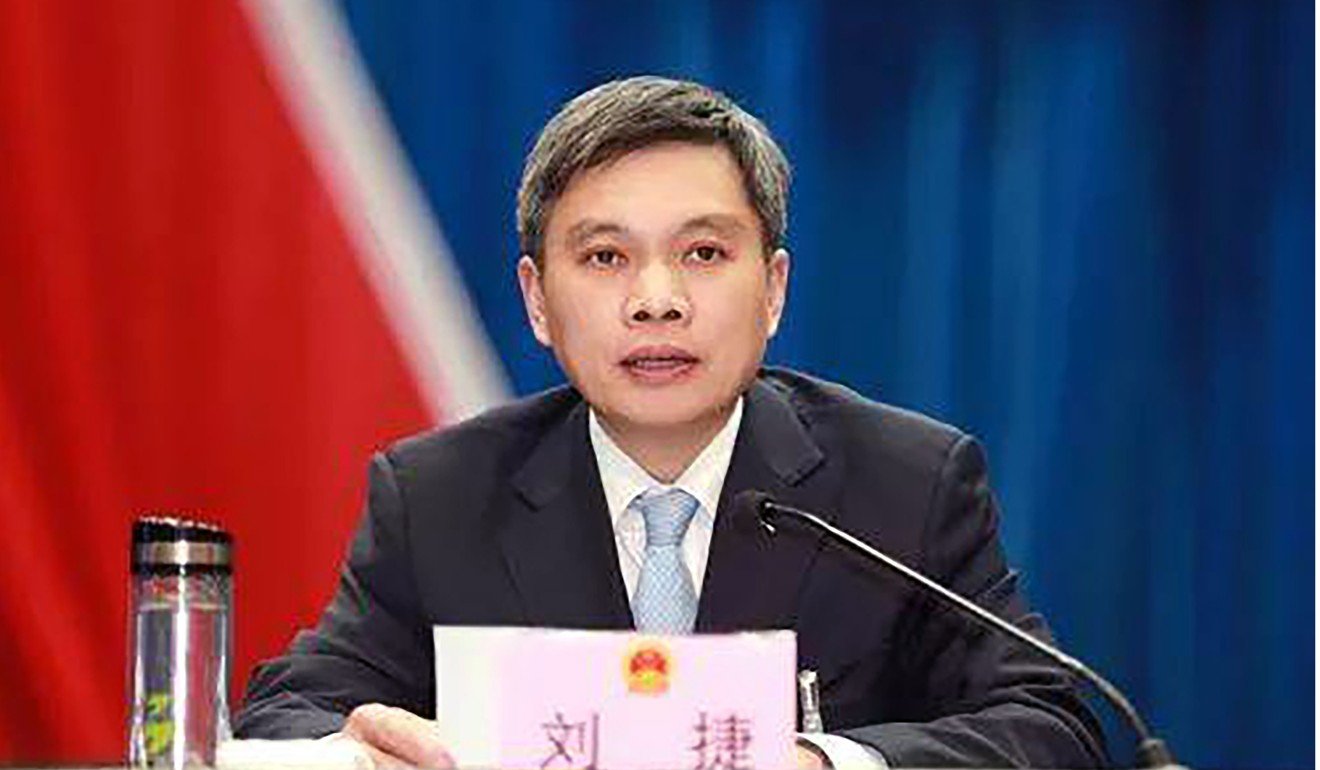
Also noteworthy are Liu Jie and Shi Guanghui, both 48 years old and Guizhou Communist Party Standing Committee members. Shi was a vice-mayor of Shanghai before he was transferred to the southwestern province in November.
Another up-and-coming official is 47-year-old Zhuge Yujie, the secretary general of the party’s Shanghai municipal committee.
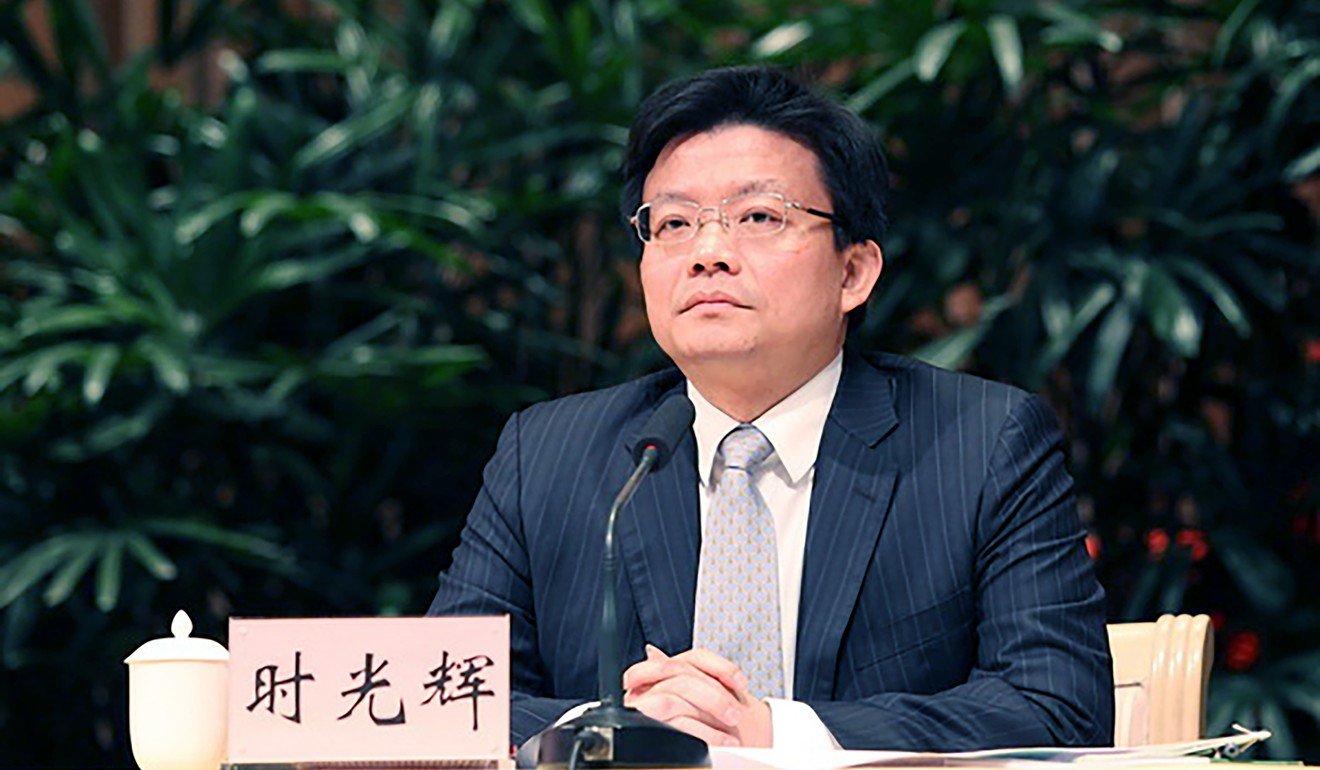
Criteria for selection of cadres for promotion were laid down by Xi at a party meeting last July. He said: “The criteria for leading officials are that they must be responsible, clean, loyal to the party and honest in implementing the thoughts on socialism with Chinese characteristics.”
Xi again emphasised loyalty to the party in late December when he chaired a two-day meeting of the Politburo in Beijing.
The president stressed that leading party officials required a “fighting spirit” and should be “put on the front lines to hone their abilities” – as he had when working in provinces for more than two decades before being promoted to the Politburo Standing Committee in 2007.
Chen called loyalty the most important qualification for promotion. “Just like the slogan ‘red and professional’ coined by Chairman Mao Zedong in the 1950s and 1960s, ‘red’ basically means ‘loyalty to the Communist Party and the party line’,” said Chen.
“Loyalty to the party also means loyalty to the supreme leader. Being ‘red’ is still the top criterion for career advancement even if the party no longer uses the same rhetoric.”
Xi has also repeatedly emphasised his belief that leading officials should come from “five lakes and four seas” – a Chinese proverb referring to a diverse background.
Such diversity is seen as a way to break from the old practice of promoting officials who shared a common background such as membership of the Communist Youth League, traditionally a cradle of party leaders. This, too, could favour the leading forty-somethings.
“There used to be a system for generational transition or power succession within the party before 2012,” said Chen, acknowledging that the Youth League had lost its status as a power base for top leaders since Xi took over as party chief that year.
Ding Xueliang, a professor of sociology with the University of Science and Technology of Hong Kong, believes younger officials with provincial governing experience – such as that being gained by the likes of Yang, Liu, Shi and Zhuge – would have an edge over ministry technocrats in being chosen for promotion.
Xi worked in four provinces or municipalities – Hebei, Fujian, Zhejiang and Shanghai – before rising to the top decision-making Politburo Standing Committee in 2007.
Change to Chinese presidency term limits could signal overhaul of role
“A minister is like an expert in a specialised field,” Ding said, “but an administrator who has the experience of governing millions of people is considered more rounded and tested.”
Yun, however, said that continuing Xi’s policies would be paramount for a future general secretary and president, regardless of background.
“Since we don’t have an estimate for when Xi will leave the post, speculation about the 1970s generation is not very meaningful,” she said.
“But we would assume that Xi wants someone who can carry out his vision: a strong China, the rejuvenation of the Chinese nation, the party’s dominance in domestic politics. I do not expect him to select a liberal.”


